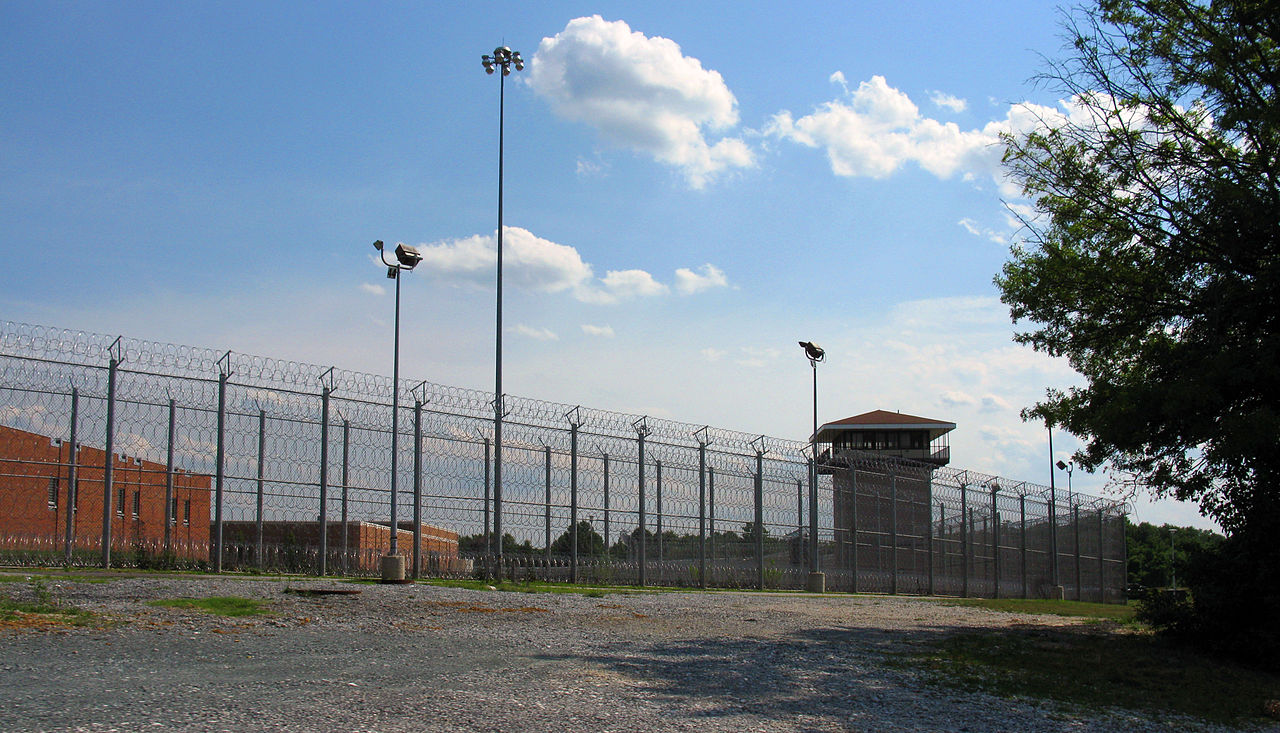Views expressed in opinion columns are the author’s own.
The Maryland General Assembly recently passed a bill — House Bill 1029 — which seeks to impose mandatory minimum sentences for people charged with violating any of the restrictions laid out in the bill, all of which concern the lawful transportation of handguns, presumably in an attempt to deter illegal transport of handguns and curb gun violence.
This bill doesn’t come as a surprise: Gun violence has been a hot-button issue across the nation, and pressure to take action to decrease the violence has been resounding. What should be surprising is that the Maryland General Assembly passed a bill that hinges on mandatory minimums, given their ineffective history.
[Read more: Maryland doesn’t need more mandatory minimums]
Yale University law scholar James Forman Jr. recently wrote a letter published in The Baltimore Sun pleading with “the African-American legislators of the state of Maryland” to push against this reintroduction of mandatory minimums. Forman cites a 2003 study showing that mandatory minimums for gun crimes were ineffective as a crime deterrent under Virginia’s “Project Exile,” which boosted penalties for previously convicted felons who were caught carrying firearms.
Forman also draws evidence from a DePaul University study that documents the racial disparities between white and black men under mandatory minimum sentencing for violent offenses, as well as a University of Michigan Law School paper that likewise demonstrated racial disparities in the prosecution of crimes carrying mandatory minimums.
This isn’t anything new: There are countless cases, studies and anecdotes that show the various problems that come with mandatory minimums. Even bills like this, which are considered measures of last resort as the nation reels from another mass shooting, aren’t worth the racial inequity that arises from their implementation.
Mandatory minimums run counter to so many of the principles of our justice system — a system that should make allowances for circumstance and context, and which is supposedly founded on a core principle of rehabilitation, not just punishment.
All of the evidence — from contemporary studies to historical research — shows this new bill won’t be any more effective at deterring and decreasing crime than the mandatory minimum bills of the past. The Maryland General Assembly shouldn’t have passed this bill — not if they are actually attempting to curb gun violence in the state.
Perhaps the most alarming aspect of this bill’s passage is the seemingly casual disregard for pre-existing racial tensions in Baltimore. Given the documented racial disparities that arise from the implementation of mandatory sentencing, combined with the police brutality Baltimore has long struggled with, this bill is a recipe for disaster.
The Maryland General Assembly is playing fast and loose with legislation that could end up making things much worse. This bill also undermines a lot of the recent progress Maryland has made in reducing incarceration and recidivism rates.
In 2016, Gov. Larry Hogan signed the Justice Reinvestment Act, which aims to reduce Maryland’s prison populations by developing inmate-specific plans to guide their rehabilitation. The passage of new mandatory minimums runs counter to the stated purposes of the act, and will only slow progress toward a reduced prison population.
[Read more: Prison isn’t the solution for mentally ill criminals]
This bill needs to be seen for what it is: a half-articulated and superficial attempt to curb gun violence in Maryland. It’s not an attempt to be “tough on guns,” or even a goodwill show of genuine concern to solve this problem. This is the easy way out, the path of least resistance.
Our lawmakers in Annapolis are throwing up their hands and revealing that they just don’t know what to do anymore, can’t think of other viable solutions and don’t have the time to brainstorm away Baltimore’s gun violence problem.
If the Maryland General Assembly is serious in their attempt to curb gun violence, they need to do much better than passing legislation like this, which has a historical track record of not only failing to make anything better but oftentimes making matters much worse.
Caitlin McCann is a sophomore communication major. She can be reached at caitlinmccann32@gmail.com.



